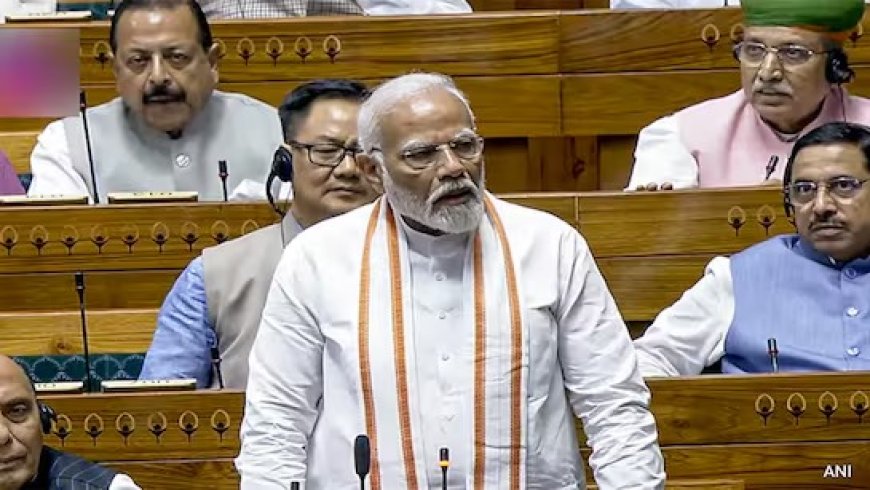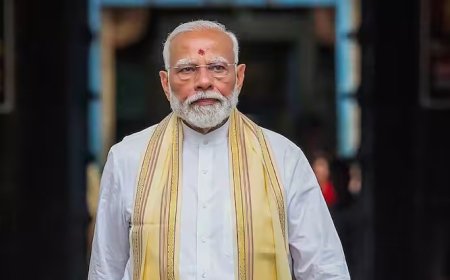New Delhi: The passage of the Waqf (Amendment) Bill and the Mussalman Wakf (Repeal) Bill by Parliament has been hailed as a "watershed moment" in India's journey toward socio-economic justice, transparency, and inclusive growth, Prime Minister Narendra Modi announced.
Speaking from Thailand and Sri Lanka during his visit, the Prime Minister emphasized that the new legislation would particularly benefit those who have long been marginalized and denied both voice and opportunity. "This legislation marks a significant step towards empowering those who have historically been left behind," PM Modi stated.
Expressing gratitude to the members of Parliament who contributed to the debate and strengthening of the bill, the Prime Minister said, "A special thanks also to the countless individuals who sent their valuable inputs to the Parliamentary committee. This reaffirms the importance of extensive debate and dialogue in shaping our laws."
Historically, the Waqf system has been criticized for its lack of transparency and accountability, which disproportionately affected Muslim women, economically weaker sections, and Pasmanda Muslims. PM Modi assured that the new laws would promote transparency and safeguard the rights of the people.
"We are entering an era where the framework will be more modern and sensitive to social justice. This is part of our broader commitment to prioritize the dignity of every citizen and build a stronger, more inclusive, and compassionate India," he added.
The Waqf (Amendment) Bill faced strong opposition from several political parties and key Muslim organizations. It was passed in the Lok Sabha on Wednesday and in the Rajya Sabha on Thursday. The bill now awaits the assent of President Droupadi Murmu before becoming law.
While the government maintains that the legislation will enhance the efficiency and transparency of Waqf bodies, the Opposition has criticized it as an infringement on minority rights, alleging that the government has intentions to control Waqf properties.
The debate over the bill reflects the broader discourse on governance, minority rights, and the role of legislation in fostering inclusive development in India.




 Previous
Article
Previous
Article











